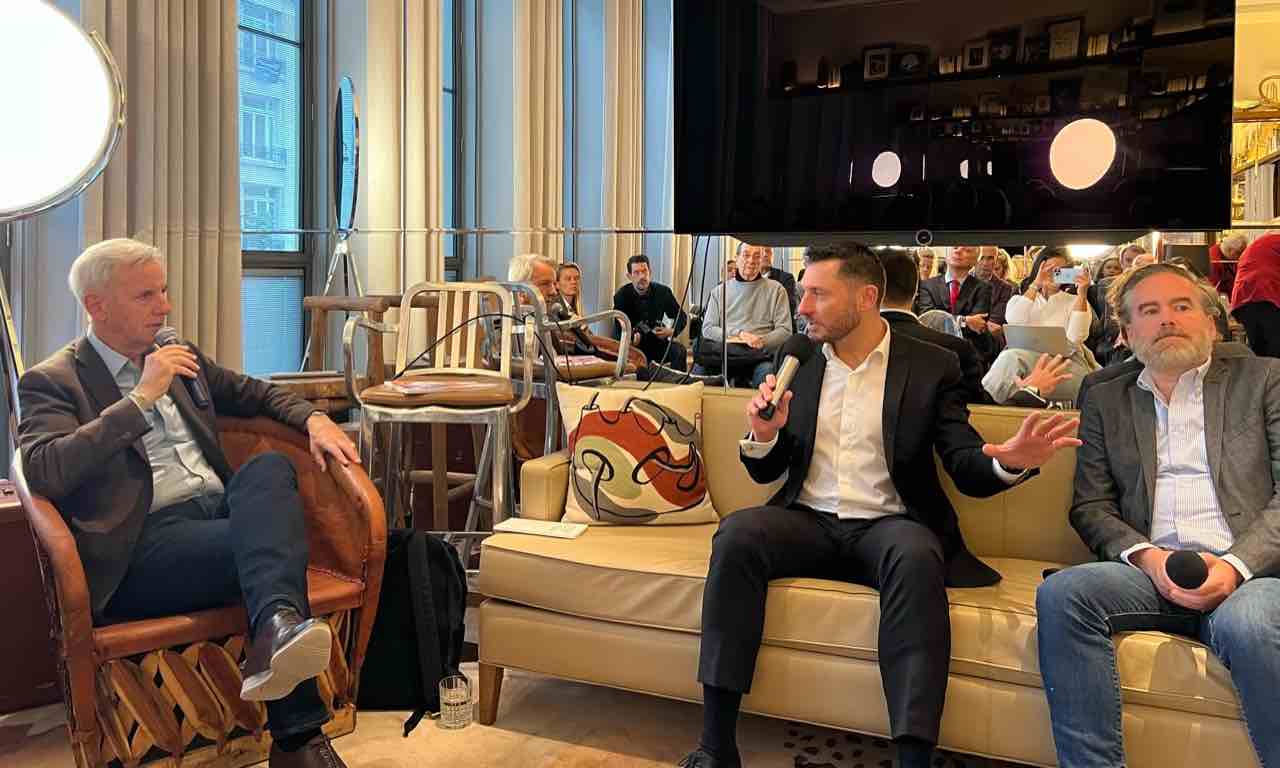A recent DREES study reveals once again that life expectancy depends on socio-professional category. Managers live on average 3.3 years longer than manual workers.

We are not all equal when it comes to life expectancy! Indeed, according to the latest report from the Directorate of Research, Studies, Evaluation and Statistics (DREES) published on June 28, the length of life would depend on the socio-professional category during the active life. And, the observation is clear, once again, the social differences are very marked.
It is from a sample of 35,000 retirees born in 1942 that a study by the DREES (research, studies, evaluation and statistics department) calculated the life expectancy of the different categories. socio-professional. Result, we see that a man having worked as an executive or higher intellectual profession has the longest life expectancy at 55 years, ie 28.6 years. This inevitably goes down to 25.3 years for a former worker. Thus, former managers live on average 3.3 years longer than former workers.
In addition, as always, we note that women have a longer life expectancy than men (+6.4 years). In addition, even if the differences between socio-professional categories also exist between women, the differences are nevertheless smaller. A former manager, for example, has a life expectancy of 34.4 years against 32.1 years for a former worker, ie a gap of 2.3 years.
In addition, the study also showed that these inequalities in life expectancy generate differences in the length of time spent in retirement, 5.3 years of retirement separate men and women and among men, managers can expect to receive their retirement 2, 8 years older than the workers. For women, on the other hand, the differences in the length of retirement are more marked between managers and workers than the differences in the length of life.
Another observation is that retirement periods also fluctuate according to the sector of activity, and they are higher for retirees in the public sector. Finally, other differences exist, this time according to the type of career. People who entered the workforce early therefore have a lower longevity within the same social category.
” These differences are due to exposure to the risks of accidents and occupational illnesses differentiated from one category to another, but also to disparities in terms of behavior with regard to health and living conditions. Conversely, a bad state of health can harm the professional career and prevent access to the most privileged statuses. “, explain Virginie Andrieux and Cécile Chantel, the authors of the study. And the two women conclude by warning about the risks associated with a sedentary lifestyle, because the study also shows that “inactivity and unemployment are accompanied by a lower life expectancy, in particular among men. “.
.














